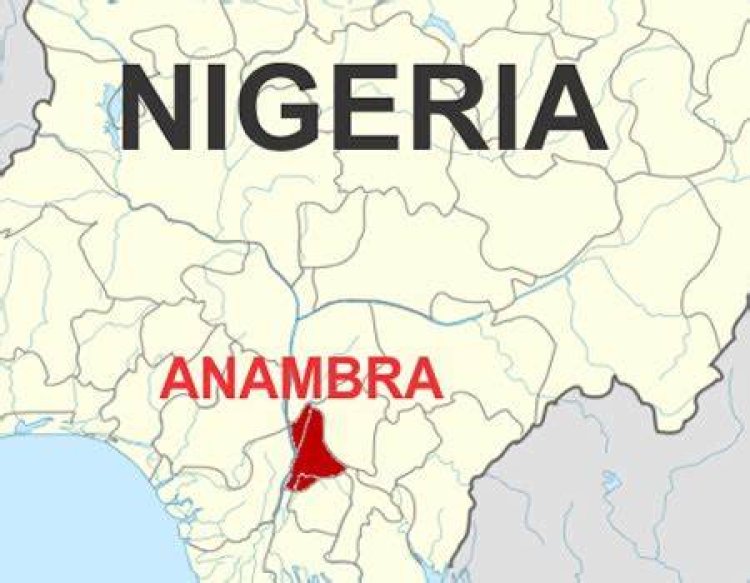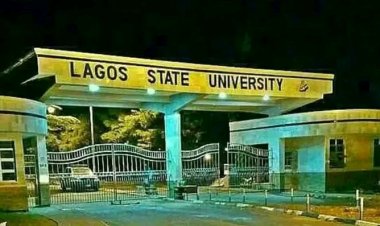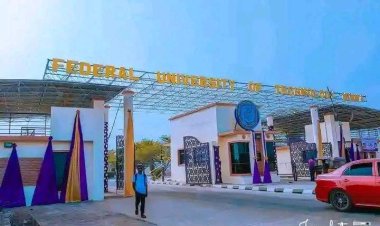Anambra Proprietors Sue State Government Over Non-Return of Schools Seized in 1970
Anambra school proprietors file lawsuit against state government over schools seized in 1970, with ongoing legal battle unfolding at Anambra State High Court.

In a bid to reclaim their schools taken over by the East Central Government in 1970, several proprietors in Anambra State have filed a lawsuit against the state government. The Anambra State High Court in Awka has been the arena for this legal battle, where the proprietors presented their fifth evidence in the ongoing case.
Among the affected institutions are prominent schools such as Metropolitan College, Onitsha, and Basden Memorial School, Isulo, to name a few. The proceedings witnessed the presentation of key witnesses, including Mr. Anthony Chude, who testified to the ownership of Metropolitan College, Onitsha.
The plaintiffs' counsel revealed that numerous attempts had been made, albeit informally, to regain control of the schools. However, legal action became imperative after these informal requests yielded no results, especially considering the government's return of other schools to their original owners, including churches.
SEE: Anambra Schools Struggle with Influx Amid Soludo's Free Education Policy
Commenting on the matter, Anene Belonwu, counsel for the plaintiffs, expressed perplexity at his clients' exclusion from the government's school-return initiative, particularly in light of recent licensing activities.
FOLLOW: Anambra SUBEB Chair Denies Involvement in N6.7bn Contract Scam
Conversely, the defense, represented by Senior Advocate of Nigeria, Ben Osaka, cited the 2011 law allowing school returns upon request. However, Osaka emphasized that the court must determine if the plaintiffs meet the criteria outlined in the legislation.
The case's adjournment to April 30th signifies the continuance of a legal saga that intertwines historical grievances with contemporary legal frameworks. As the debate unfolds, it underscores broader issues of property rights, historical justice, and the complexities of governance in post-war contexts.

 Mary Nwaeze
Mary Nwaeze 



